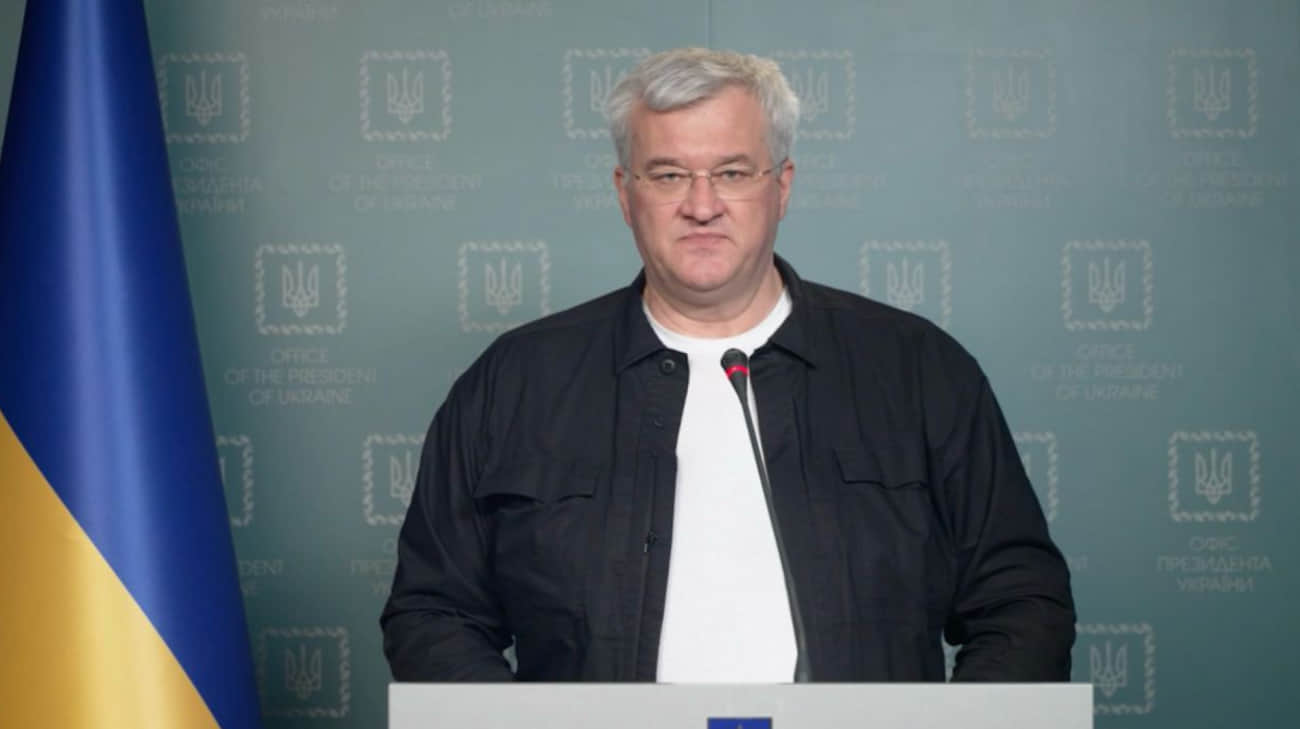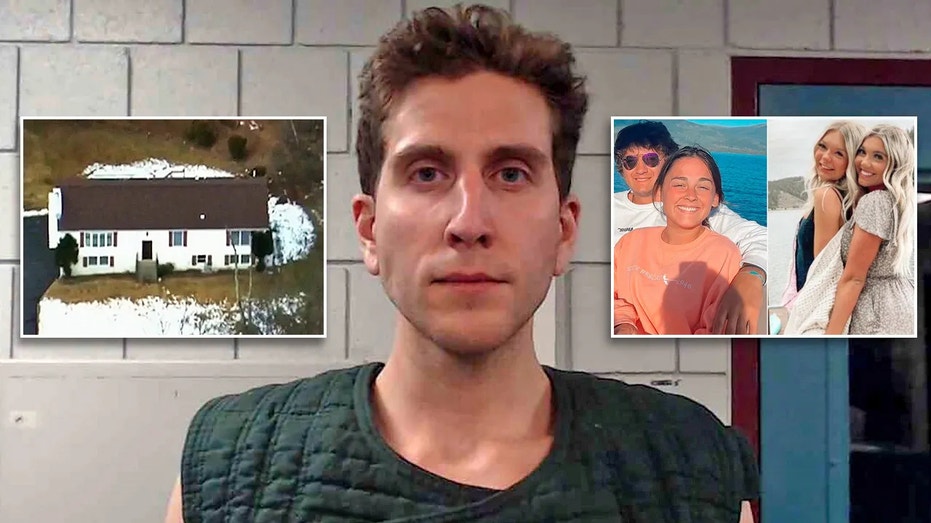JFK's assassination cut short my uncle's vision but we must revive it, not forget it
My uncle, President John F. Kennedy was assassinated on November 22 in 1963. It has been 60 years since his death and yet his vision of America as a peaceful nation is incomplete.

President John F. Kennedy’s assassination 60 years ago on November 22, left an indelible scar on the American psyche that transcended my family’s loss of an uncle, brother, husband, and father. That national trauma robbed us of something else that day. With him died a vision for our country that we may yet bring back to life. True, much of his legacy — such as his championship of civil rights, desegregation, and the space program — remains with us today, but America has abandoned the goal and vision that he prized most highly: the vision of America as a peaceful nation.
John F. Kennedy defied pressure from his cabinet, the CIA, and the Joint Chiefs of Staff to go to war in Laos in 1961, Berlin in 1962, to invade Cuba after the Bay of Pigs debacle, and nineteen months later to bomb Russian missile batteries during the Cuban missile crisis. His advisors assured him that the launchpads were not yet operational. They were wrong, and his defiance quite likely saved the world from nuclear Armageddon.
JFK was acting from a strong, idealistic commitment to peace. When his dear friend Ben Bradlee, who would later become executive editor of the Washington Post, asked him what he wanted for his epitaph, he answered, "He kept the peace."
He explained that the principal job of the president is to keep us out of war. That is why he founded the Peace Corps. "When the people of the world think of America, I don’t want them to picture a soldier with a gun," he said, "but a Peace Corps volunteer."
ON THIS DAY IN HISTORY, NOV. 22, 1963, JOHN F. KENNEDY, 35TH PRESIDENT, IS ASSASSINATED
John F. Kennedy’s commitment to peace intensified during the last few months of his life, as he confronted the military-industrial complex that his predecessor, Dwight D. Eisenhower, warned against as he left the Oval Office. On June 10, 1963 at Washington University, Kennedy delivered his famous Peace Speech — a speech that, had he lived to implement its sentiments, may have marked a turning in world history. Even today his words offer important guidance:
First: Let us examine our attitude toward peace itself. Too many of us think it is impossible. Too many think it unreal. But that is a dangerous, defeatist belief. It leads to the conclusion that war is inevitable — that mankind is doomed — that we are gripped by forces we cannot control. We need not accept that view. Our problems are man-made — therefore, they can be solved by man.
That fall, Kennedy acted on this conviction of the possibility of peace. Outflanking his military and intelligence apparatus, he quickly negotiated the Nuclear Test Ban Treaty and signed it with Khrushchev in August 1963. Then on October 11, he issued a national security order, NSAM 263, mandating the withdrawal of 1000 U.S. military advisors from Vietnam by year’s end. That order was never implemented. Instead, President Lyndon Johnson sent in combat troops and made Vietnam America’s war.
CLICK HERE FOR MORE FOX NEWS OPINION
Johnson’s escalation set the template for an endless succession of regime change wars. We lost our identity as a peaceful nation. We began to neglect the real source of our nation’s strength — the vitality of our economy and the health of our people — and drained our finances and our moral authority abroad in a series of wars of questionable justification, none of which have made Americans safer.
Today our nation staggers under a $33 trillion debt burden, much of it the result of military spending. The post-9/11 regime-change wars of Iraq, Afghanistan, and Syria wasted around $8 trillion and left those countries worse off than we found them. Eight hundred military bases around the world consume trillions more. Imagine what could have been, if we’d devoted those resources toward education, infrastructure, poverty, health, or the environment. We would be, paradoxically, a stronger and more secure nation.
It is not too late to step off the war path and onto the peace path that John F. Kennedy envisioned for our nation. Even in its current state of neglect, America is blessed with the world’s largest GDP, abundant natural resources, and an inventive and enterprising population. We can recover the broad prosperity, the thriving middle class, and the sense of optimism and national self-worth of the post-WWII era. All that can be ours if we turn our energies toward peace.
If the American people choose me as their president, I will resume the process (that my uncle broached sixty years ago) of unwinding the American military empire. I will return the military to its proper function of defending the homeland.
I will end the reckless, belligerent policies of provocation of China and Russia. I will, in a timely, judicious process, close most of our foreign military bases. I will shrink the size of our military, and in its place — drawing again from JFK’s inspiration — I will create a domestic version of the Peace Corps to give young people a new way to serve their country.
We can redeem John F. Kennedy’s vision of our nation as an exemplar of peace, freedom, and service to humankind; his death will not have been in vain.
Robert F. Kennedy, Jr. is an independent candidate for president of the United States.
CLICK HERE TO READ MORE FROM ROBERT F. KENNEDY JR.



